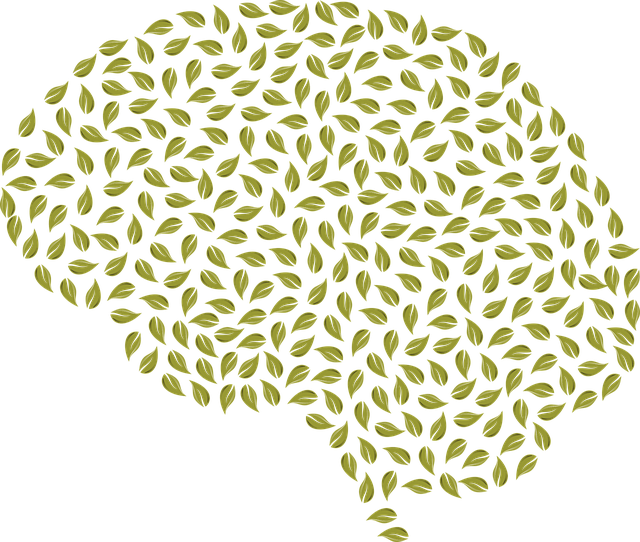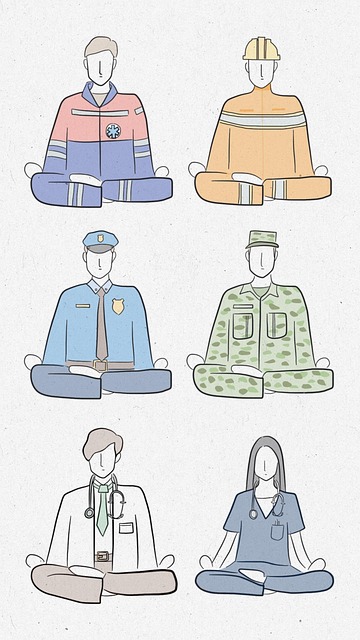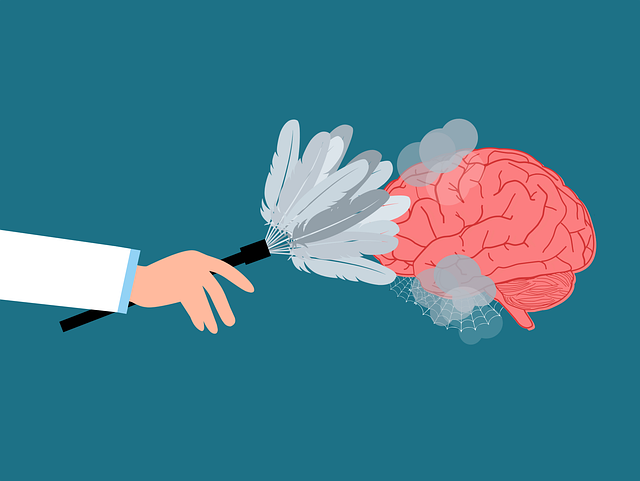Cultivating positive thinking is crucial for adolescents and young adults, offering a powerful therapy to combat mental health struggles. By identifying and challenging negative thought patterns, individuals can develop resilience and optimism, enhancing well-being significantly. Simple practices like mindfulness meditation, gratitude journaling, and positive self-talk, dedicated just 10 minutes daily, can transform perspectives, improve decision-making, and build mental fortitude. These strategies, tailored to the unique pressures of adolescence and young adulthood, are backed by therapy professionals and mental wellness podcasts, serving as effective tools for emotional healing and overall mental wellness.
“Unleash the transformative power of positive thinking for teens and young adults struggling with mental health issues. This comprehensive guide delves into the impact of negative thought patterns and offers practical exercises to cultivate a resilient, optimistic mindset. From identifying distorted thoughts to integrating positivity into daily routines, discover effective therapy strategies tailored for this age group. Empower yourself or a loved one on the journey to better mental well-being.”
- Understanding the Power of Positive Thinking for Teens and Young Adults
- Identifying Negative Thought Patterns: A Key Step in Therapy
- Practical Exercises to Cultivate a Positive Mindset
- Integrating Positive Thinking into Daily Routines for Long-Lasting Benefits
Understanding the Power of Positive Thinking for Teens and Young Adults

For teens and young adults navigating life’s challenges, cultivating positive thinking is a powerful tool that can significantly impact their overall well-being. This age group often faces high levels of stress related to academics, social pressures, and personal expectations, making it crucial to develop resilience and a optimistic mindset early on. Positive thinking isn’t about ignoring problems but rather reframing them as opportunities for growth. It encourages individuals to focus on solutions rather than dwelling on issues, fostering a sense of hope and confidence.
This shift in perspective can be supported through various therapy techniques tailored for adolescent teens and young adults. Crisis intervention guidance, public awareness campaigns development, and resilience building programs are effective strategies to introduce the concept of positive thinking. By incorporating these practices into their lives, young people can learn to manage stress, improve decision-making skills, and enhance overall mental fortitude.
Identifying Negative Thought Patterns: A Key Step in Therapy

Identifying negative thought patterns is a crucial step in therapy, especially for adolescent teens and young adults navigating mental health challenges. Many individuals carry subtle yet powerful negative thought processes that can significantly impact their overall well-being. These thoughts often manifest as automatic responses to stressful situations, personal setbacks, or even positive events, reflecting a distorted perspective rooted in past experiences or societal conditioning.
By recognizing these patterns, one can begin to understand the underlying triggers and beliefs that contribute to negative thinking. This process fosters self-awareness, enabling individuals to challenge and reframe their thoughts constructively. In the context of therapy for adolescent teens and young adults, this step is transformative, as it paves the way for developing a healthier mental landscape through self-care routine development for better mental health and trauma support services, ultimately enhancing their ability to cope with life’s challenges.
Practical Exercises to Cultivate a Positive Mindset

Cultivating a positive mindset is an empowering skill, especially for adolescent teens and young adults navigating life’s challenges. Practical exercises like mindfulness meditation can be incredibly effective in training the brain to focus on the present moment, reducing negative thoughts, and promoting emotional well-being. Dedicate just 10 minutes daily to silent reflection, observing your breath and letting go of any intrusive thoughts without judgment.
Additionally, engaging in communication strategies that foster gratitude and positive self-talk can significantly shift one’s perspective. Keeping a gratitude journal, for instance, encourages teens and young adults to reflect on the day’s blessings. This simple practice not only enhances stress management but also fosters resilience, helping individuals cope with life’s curveballs more effectively.
Integrating Positive Thinking into Daily Routines for Long-Lasting Benefits

Integrating positive thinking into daily routines is a powerful tool for fostering emotional healing processes and enhancing mental wellness among adolescent teens and young adults. It’s not just about occasional optimism; it’s a practice that, when consistently applied, can transform lives. By dedicating even just a few minutes each day to cultivating gratitude, reframing negative thoughts, or engaging in uplifting activities, individuals can begin to see profound shifts in their mental health awareness and overall well-being.
This process empowers them to break free from negative thought patterns that may have been developed over years, replacing them with more positive and constructive perspectives. The benefits extend beyond improved mood; it strengthens resilience, boosts self-esteem, and even improves physical health. Mental wellness podcast series production often highlights these emotional healing processes, offering valuable insights for teens and young adults seeking to integrate positive thinking into their daily lives.
Positive thinking exercises offer a powerful tool for adolescent teens and young adults navigating life’s challenges. By identifying and challenging negative thought patterns, individuals can foster a healthier mindset that enhances well-being. Practical strategies shared in this article provide a framework to cultivate positivity, enabling a more optimistic outlook integrated into daily routines. Engaging in these practices consistently can lead to significant improvements in mental health and overall life satisfaction, making it an essential component of therapy for adolescents and young adults.












